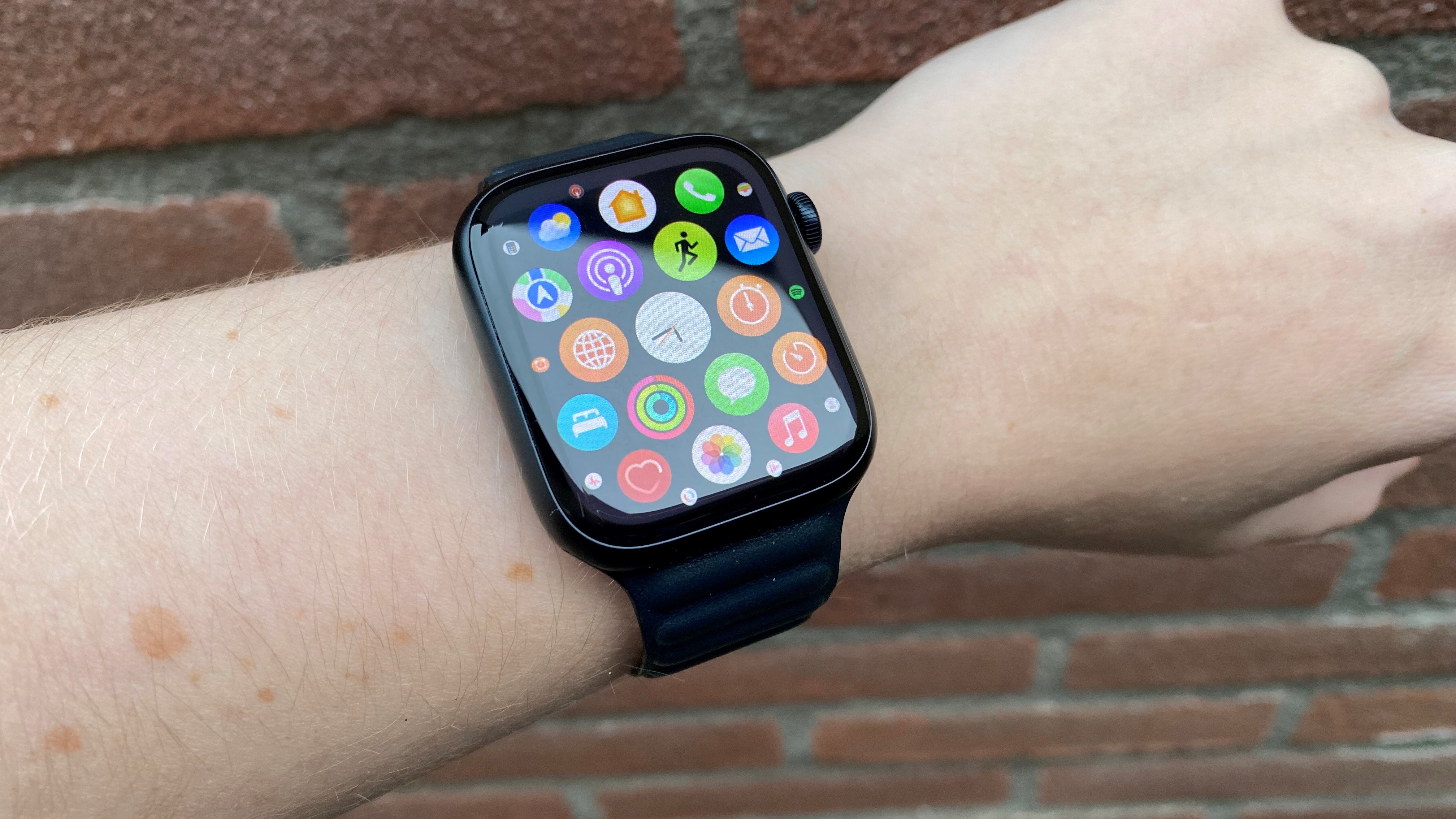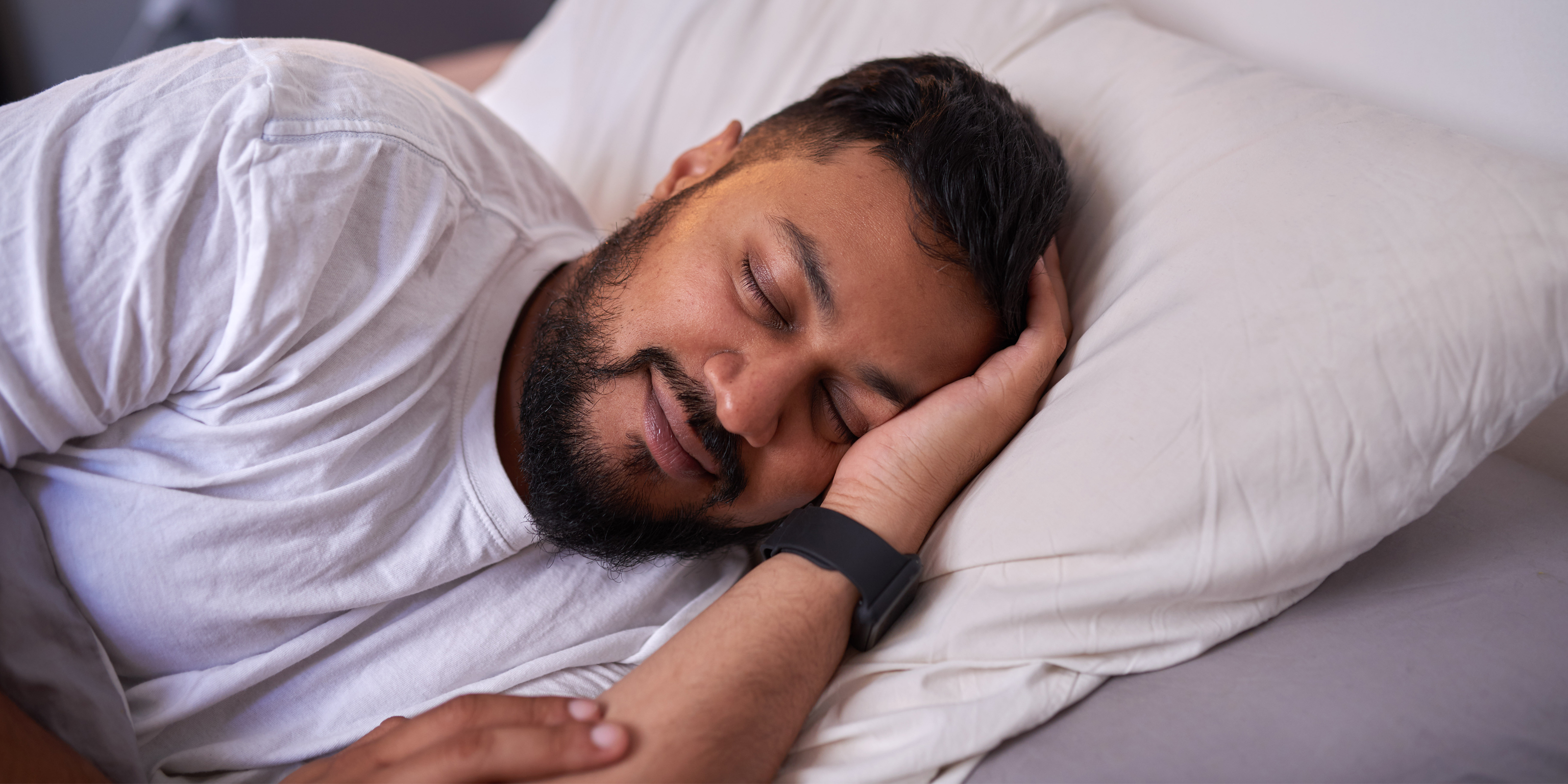The Apple Watch 8 will need this feature to be best smartwatch
Am I hot or not

Sign up for breaking news, reviews, opinion, top tech deals, and more.
You are now subscribed
Your newsletter sign-up was successful
It seems like smartwatch evolution moves at a turtle’s pace, and new features are added only once every few generations. This year, we’re hoping that the best new smartwatches, especially the Apple Watch 8 that Apple is expected to announce on September 7, will include a skin temperature sensor.
Rumors have gone back and forth about whether or not the upcoming watch will have the health-focused feature. Here’s why we think temperature sensing matters, and why the feature has stalled.
There are many useful applications for a health monitoring app to use a history of your skin temperature. The most basic, and least problematic, would be for sleep monitoring. Your temperature is supposed to go up as you sleep and your body releases heat. If your watch can include temperature with sleep monitoring, you’ll have a better idea of why you did or did not get a good night's sleep. It could be that you were too hot or too cold.

This is actually a surprisingly useful metric that most smartwatches can’t measure. Fitbit has done an excellent job including temperature sensing in its devices, and, of course, its newest Fitbit Sense 2 watch includes not only temperature but also electrodermal monitoring (EDA) to detect changes in stress and emotional response on the skin. The more information a device can gather, the more robust a portrait of your health it can paint.
Just for sleep?
There may be other reasons to track skin temperature, but here we get into health and wellness claims that are hard to support with a consumer-grade device like a smartwatch. For instance, it’s possible that changes in skin temperature could be signs of an illness, but Apple would need to clear towering regulatory hurdles to win approval for an Apple Watch that can make a medical recommendation.
In these pandemic times, we’re all familiar with spot temperature checks. Can a smartwatch stand in for a thermometer gun aimed at your head? Probably not, at least that’s not a feature manufacturers are claiming. Skin temperature sensors won’t be able to set off alarms telling you that you have a fever or need to rush to an emergency room.
Analysis: This is the best new thing on the horizon
This generation of smartwatches, including the Samsung Galaxy Watch 5 and Fitbit Versa 4, is gaining improvements with fitness tracking and with sleep monitoring. More sensors help watches accomplish both of these tasks, while larger batteries and faster charging help with longevity and tracking through a night’s sleep. Otherwise, there is not a revolutionary new technology to feature.
Sign up for breaking news, reviews, opinion, top tech deals, and more.
For almost every major smartwatch brand, the internal chipset hardware for running apps and connecting to networks has remained mostly unchanged since last year’s model. Samsung’s Galaxy Watch 5 is internally identical to the Galaxy Watch 4. The Apple Watch 7 was the same inside as the Apple Watch 6, and the upcoming Watch 8 may not be much different. Therefore, innovation in sensors, and the way sensor data is interpreted, is going to be a key improvement this year for smartwatches.
There is a race to implement skin temperature, and Apple could win if it hurries. Samsung launched the Galaxy Watch 5 with skin temperature capabilities, but the feature is not active and Samsung won’t say when it’s coming. Other manufacturers have worked it out, but the two titan competitors at the top of the market, Apple and Samsung, are now running to see who will be first to measure our temperature from our wrist

Starting more than 20 years ago at eTown.com. Philip Berne has written for Engadget, The Verge, PC Mag, Digital Trends, Slashgear, TechRadar, AndroidCentral, and was Editor-in-Chief of the sadly-defunct infoSync. Phil holds an entirely useful M.A. in Cultural Theory from Carnegie Mellon University. He sang in numerous college a cappella groups.
Phil did a stint at Samsung Mobile, leading reviews for the PR team and writing crisis communications until he left in 2017. He worked at an Apple Store near Boston, MA, at the height of iPod popularity. Phil is certified in Google AI Essentials. His passion is the democratizing power of mobile technology. Before AI came along he was totally sure the next big thing would be something we wear on our faces.